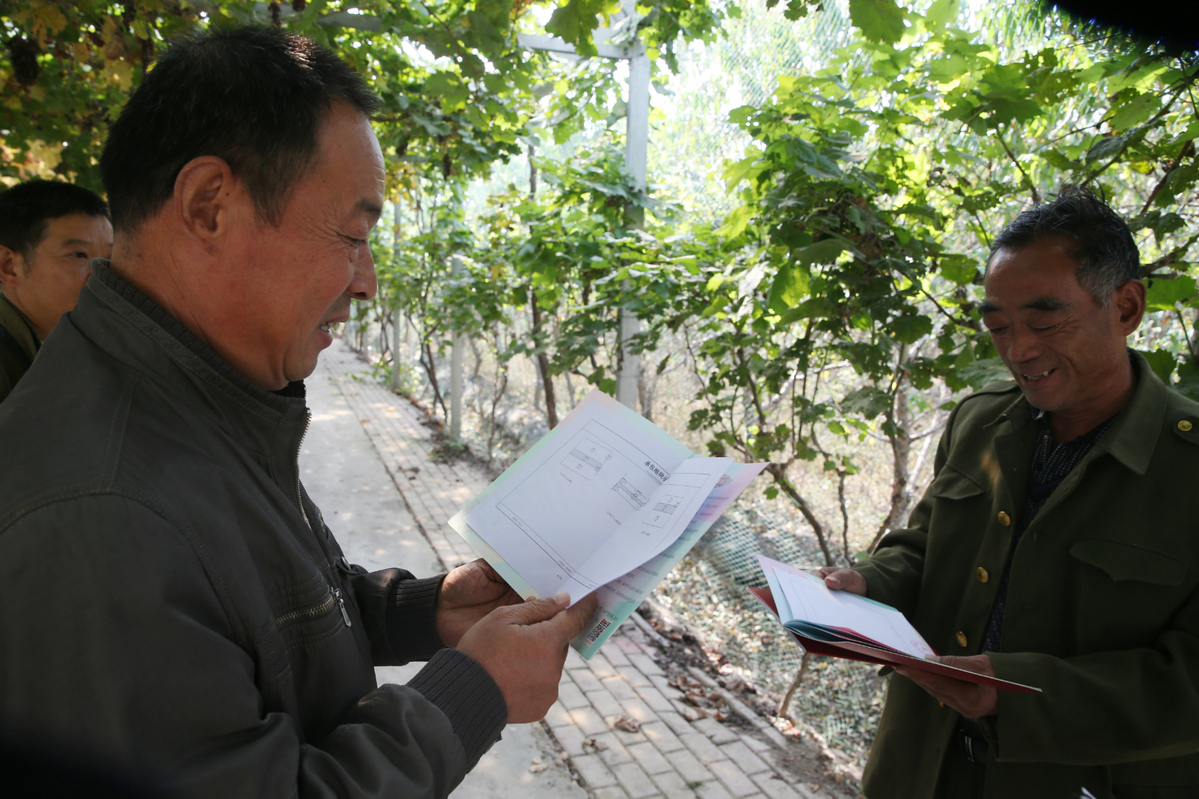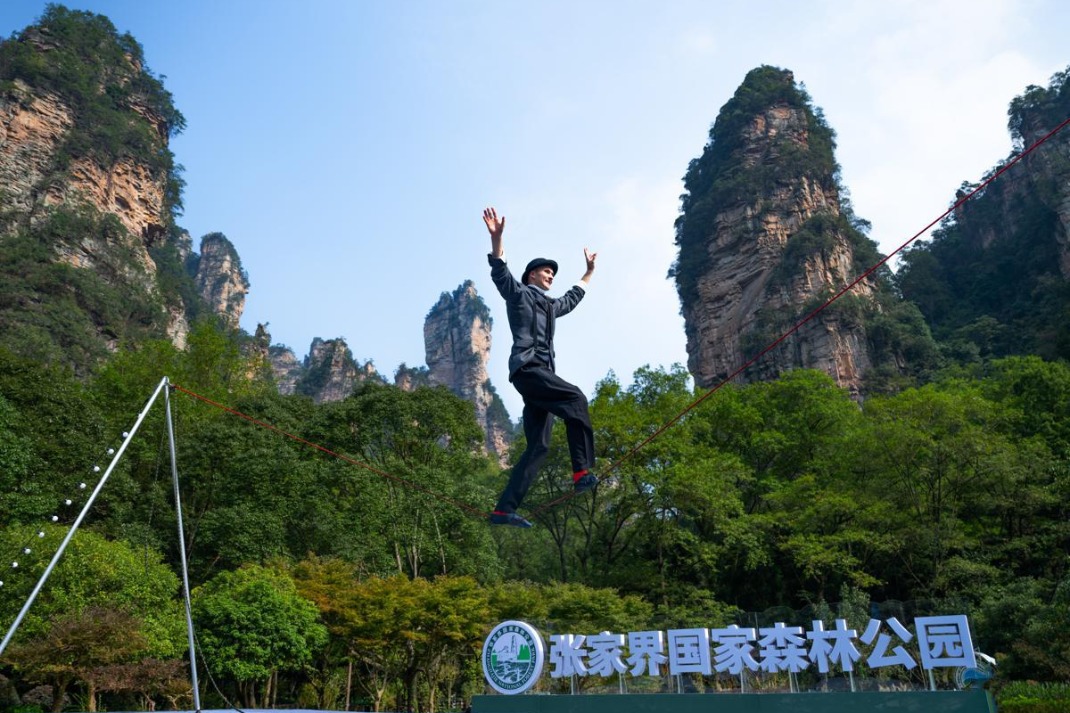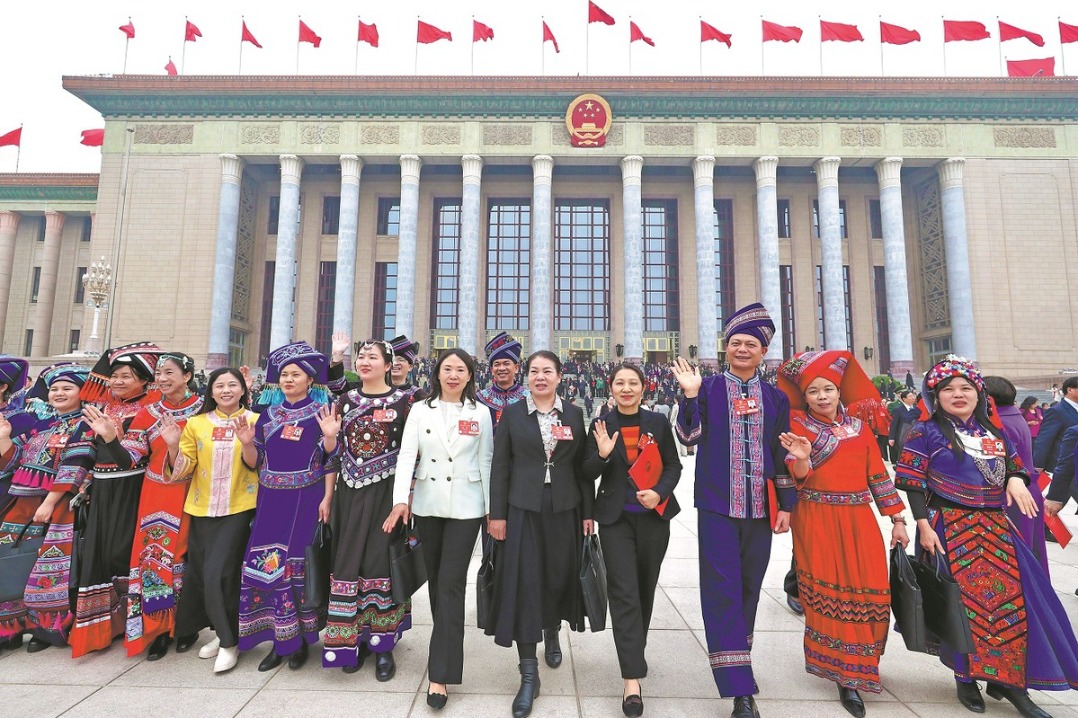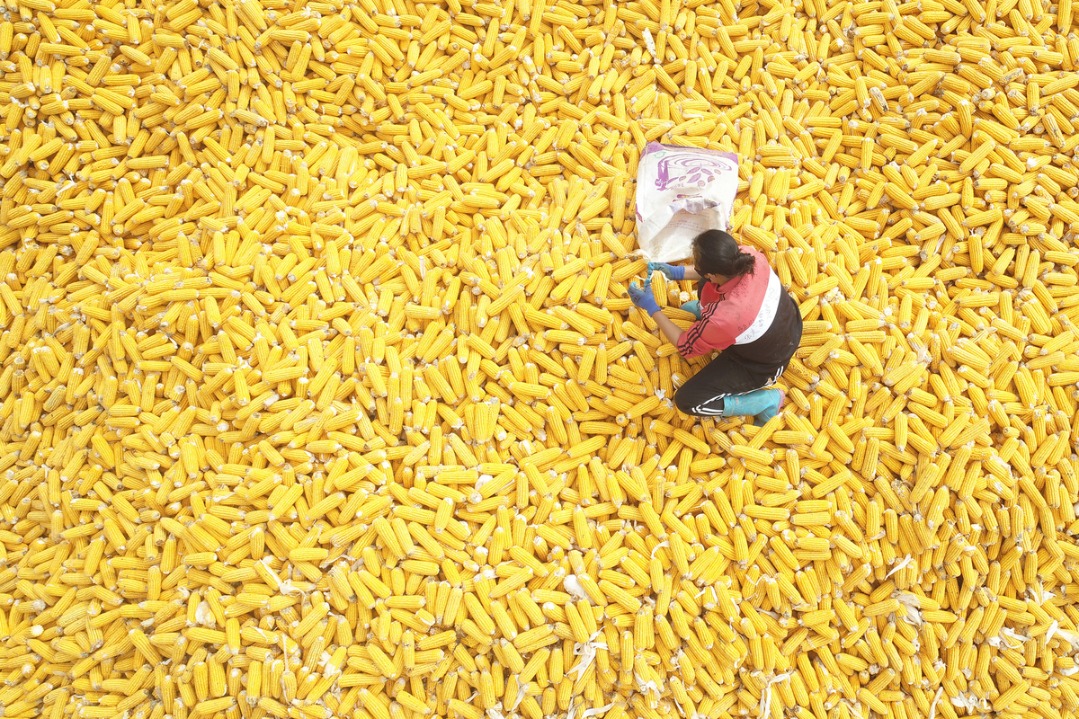Land circulation yields higher living standards

A fresh start

Jieshou native Ren Tao used to own an umbrella factory in Shenzhen in the southern province of Guangdong. However, a few years ago, he decided to return to his hometown. He leased about 35 hectares of farmland in Jinzhai township, Jieshou, and started a cherry orchard in 2015.
Ren has signed 20-year contracts with about 300 households in five villages in Jinzhai, paying 12,000 yuan a year for each hectare of land he leases. His orchard provides jobs for 30 part-time workers.
He and his brother have invested 15 million yuan, including a subsidy of 1 million yuan from the local government, in the business.
"It usually takes between four and five years before cherry trees can produce fruit," he said. "If everything goes well, we may make annual profit of 15 million yuan from 2020."
To smooth the process, he has invited agricultural experts from the Shandong Academy of Agricultural Sciences, in the neighboring province, to provide technical guidance. He also plans to build a number of greenhouses to stabilize production.
Success is not assured, though. "A lot of uncertainties remain in agriculture, such as the weather, and market fluctuations are common so even if you have a good harvest you may not make money," he said.
Ren said he believes the rising affluence of the Chinese population means cherries have great potential in large cities, where they sell at several times the price of many other fruits.
Yu Gaofeng, an official with Jieshou's agricultural commission, said land circulation has led to an upsurge in modern agriculture in the area, such as Ren's orchard.
"The average amount of farmland per farmer in Jieshou is less than 1 mu (0.06 hectares) because of the high population density and scarcity of land," he said.
"Large-scale land operation is only possible through the circulation of land. In turn, circulation allows farmers to benefit by leasing their land to others."
The change has not only produced profits for businesses and local farmers, but also promoted recycling and reduced the environmental damage caused by traditional farming methods.
- British scholar: The West can never understand China if it insists on making China the same as the West
- Long-lost ancient Chinese silk manuscripts returned to Changsha
- Shanghai leverages tech prowess to drive growth
- Cities unite behind cultural preservation
- China approves world's 1st domestic drug for hepatitis B cure
- China successfully launches new test satellite





































